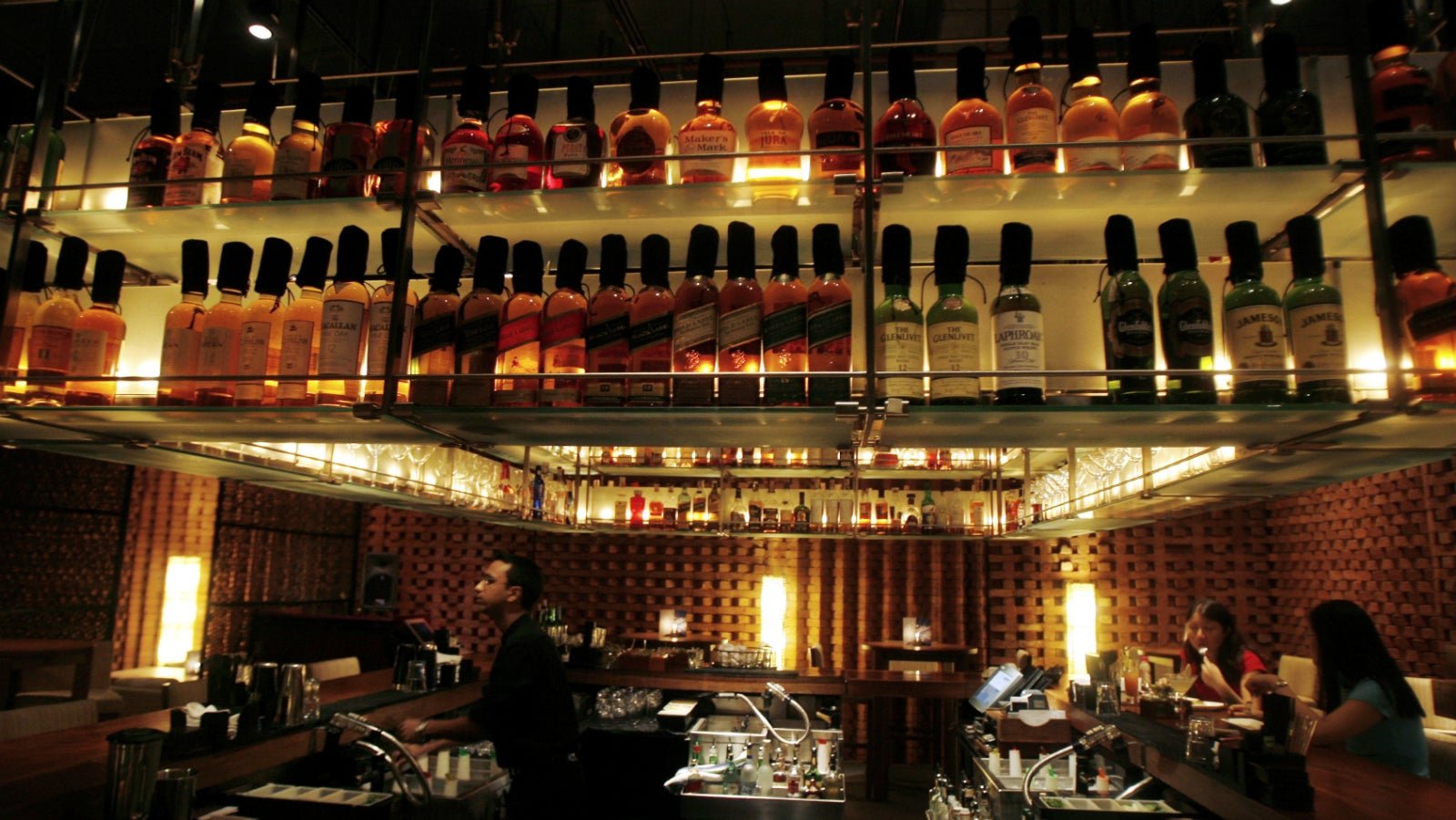In its march to build highways, India is moving backwards—all for a drink
The things alcohol can do to you—or your government.


The things alcohol can do to you—or your government.
Many a regional administration in India is today scrambling to re-designate and downgrade the status of state and national highways (NHs) under its jurisdiction. This, at a time when the Narendra Modi government at the centre is looking to increase the total length of NHs from the existing one lakh kilometres to two lakh kilometres (km) over the next few years.
For, it’s been two months since the supreme court of India banned the sale of alcoholic beverages within 500 metres of the country’s vast network of highways. The ban has resulted in an estimated loss of over Rs65,000 crore and a million jobs. Hence, the withdrawal symptoms.
And what’s the easiest way for state governments, some of whom earned between 25% and 40% of their total revenue from liquor sales, to circumvent the SC order? Simply start calling the stretch of motorable path something else: “urban roads,” “district roads,” “local authority roads”—anything but highway.
The southern state of Karnataka, home to India’s pub city Bengaluru, was the latest to join the trend on June 08. Its move will reportedly help almost 60% of the liquor shops in the state beat the new rule. Karnataka’s desperate step followed similar ones of other states such as Uttar Pradesh, Haryana, and Odisha. Earlier, Rajasthan, one of India’s largest states, declassified over 190 km of highways; Punjab, too, redesignated some 30km; and Maharashtra nearly 100km. The union territory of Chandigarh had issued a notification in this regard on April 01, almost immediately after the SC order.
Many state governments have also requested India’s road ministry to convert NHs into district roads.
So how will all this affect the roads themselves?
“The big concern here is the operations and maintenance of the highways,” Vinayak Chatterjee, chairman of Gurugram-based infrastructure services company Feedback Infra said. “If a section of the highways is declassified and handed over to a municipality, the question is, do they have the funds and ability to maintain that stretch. There are sections of highways that need very high maintenance for their safety purpose.”
Last year, the Modi government had promised to spend Rs11,000 crore ($1.65 billion) to fix 726 “black spots,” or particularly accident-prone stretches of road. Accidents on India’s roads cost close to 3% of the country’s GDP. That’s Rs55,000 crore ($8.2 billion) every year.
Meanwhile, with state governments going out of their way to help patrons and their favourite watering holes, can liquor vendors and bar owners be far behind?
Resembling a drunkard’s ingenuity, a maze came up almost overnight before a bar in Kerala, helping the outlet abide by the SC’s 500-metre law. In CyberHub, a prominent hangout in the Delhi suburb of Gurugram, retailers and restaurants simply changed entrances, getting patrons to take a small detour and beat the rule.
Whoever said you need a highway to get to the bar counter? Cheers!